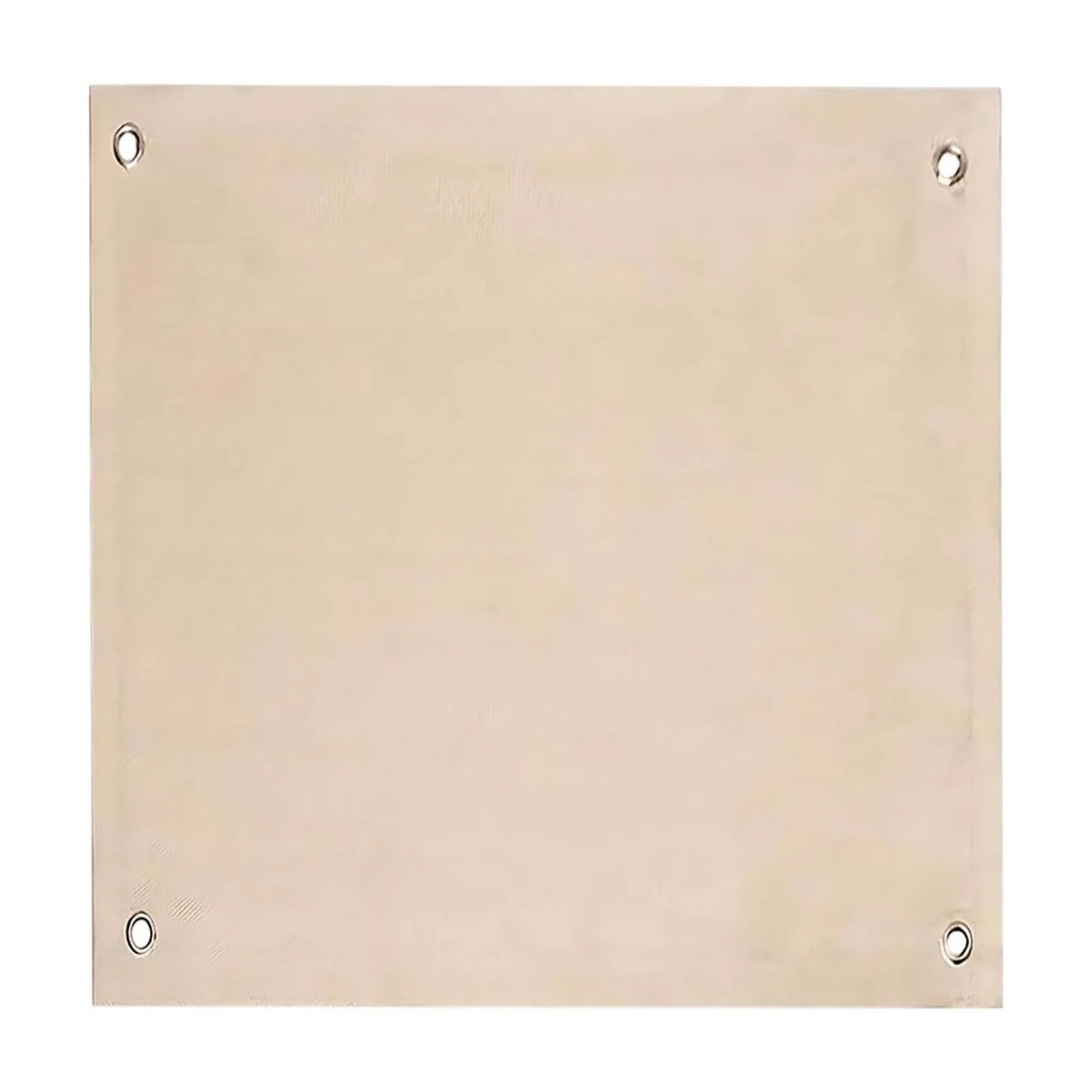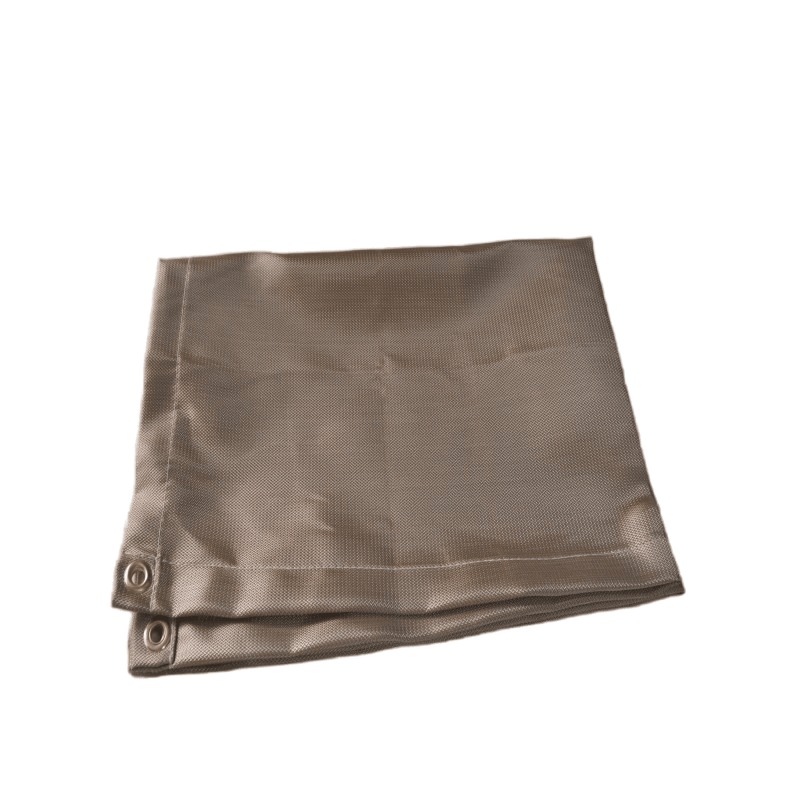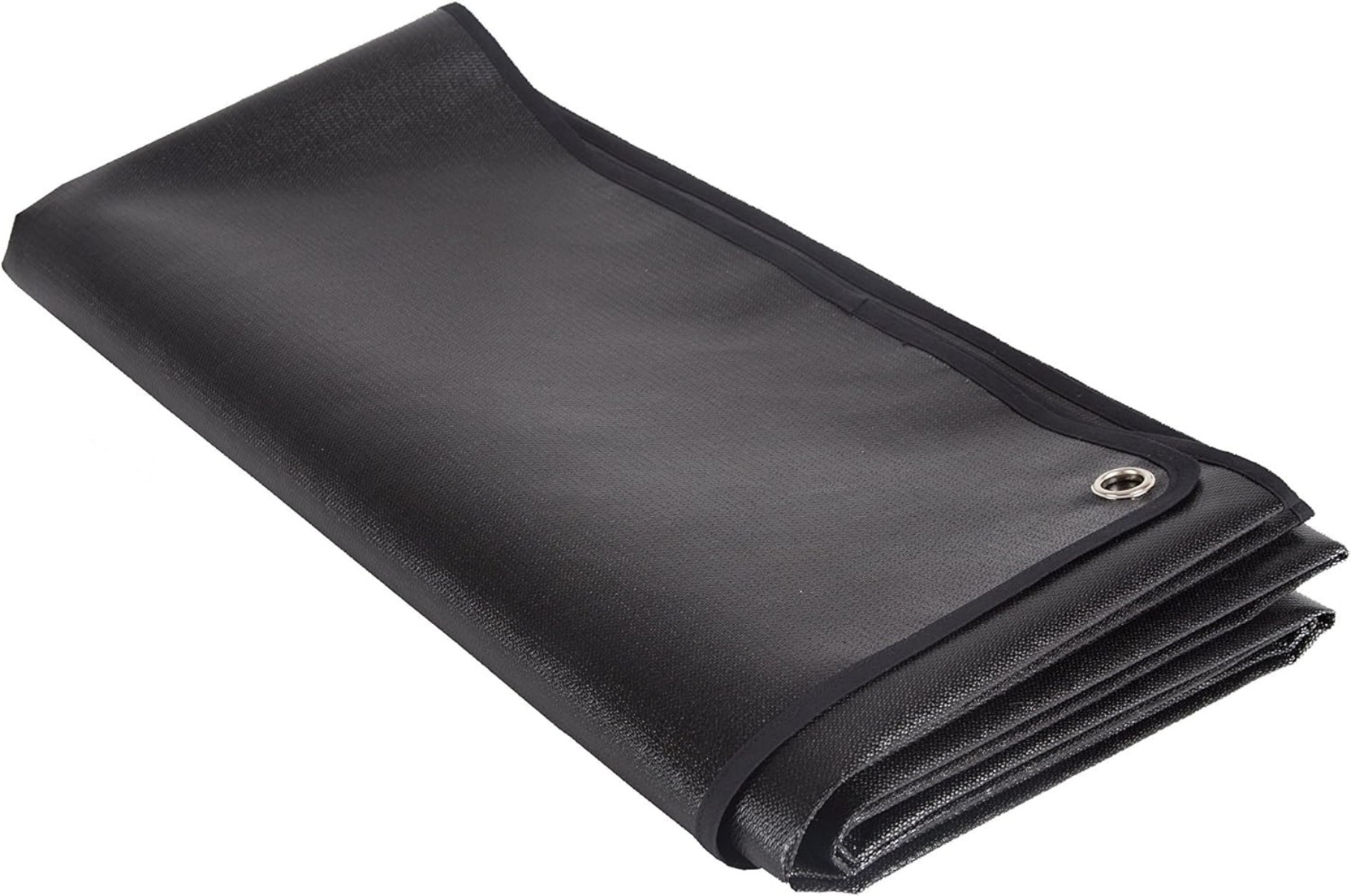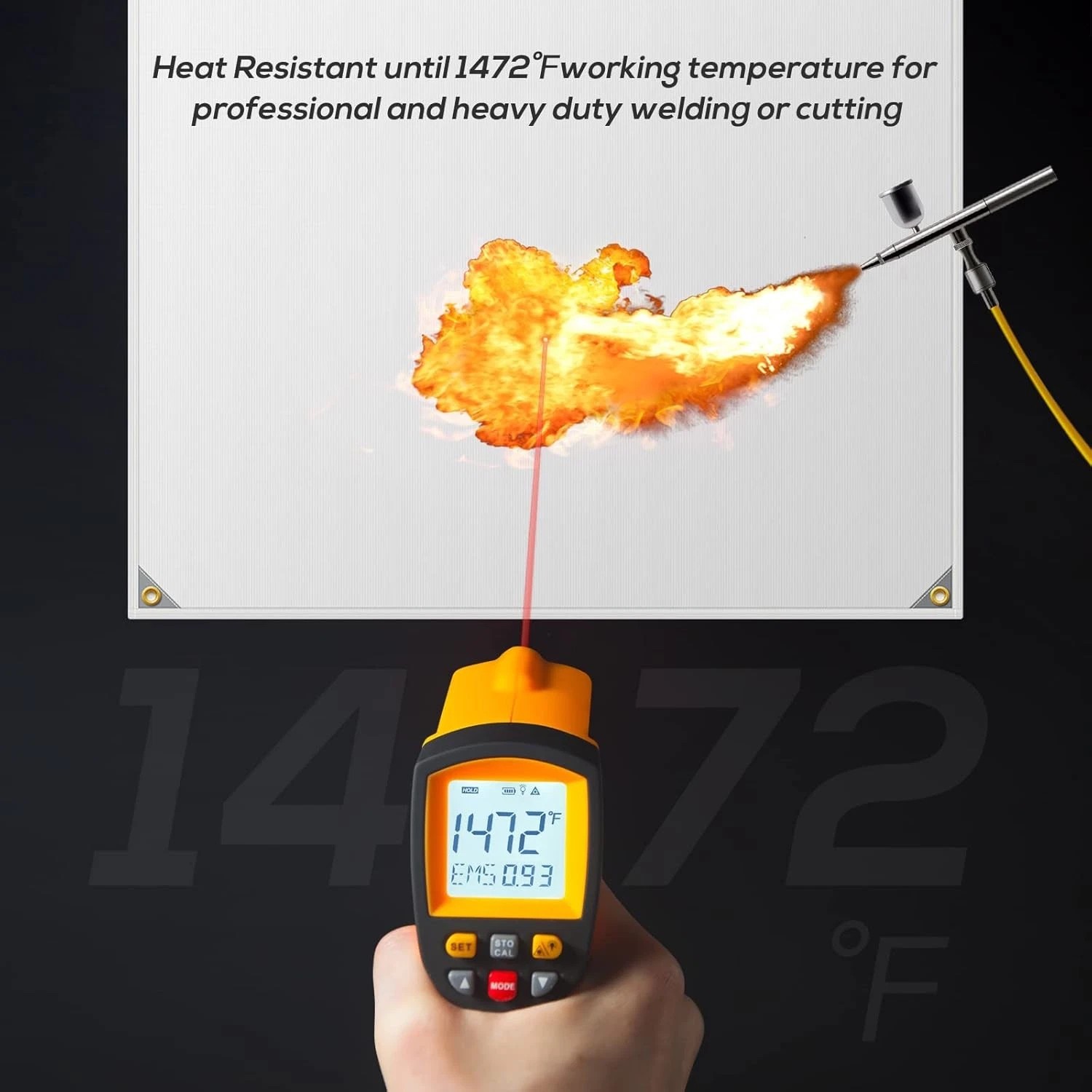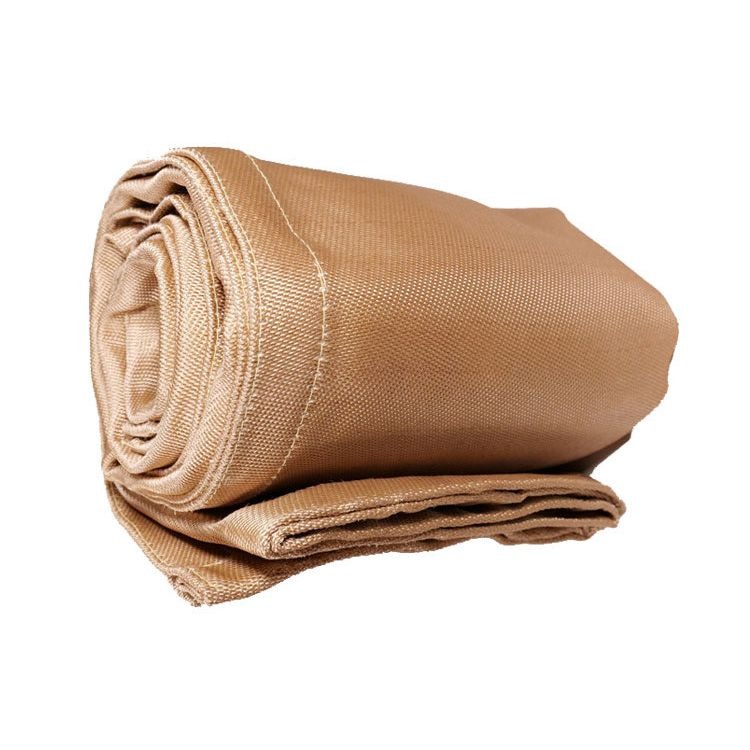10 14 Welding Blanket Guide: Safety Tips, Uses & Buying Considerations
Summary:A 10x14 welding blanket protects against sparks and heat. This guide explains its uses, safety benefits, material choices, and how to select the right one for your welding projects.
What Is a 10 14 Welding Blanket?
A 10 14 welding blanket is a 10-foot by 14-foot protective cover made from heat-resistant materials. You use it to shield floors, equipment, and nearby objects from welding sparks, slag, and radiant heat. The large size makes it ideal for industrial applications or covering wide work areas.
Key Benefits of Using a 10x14 Welding Blanket
When you work with a 10 14 welding blanket, you get several advantages:
- Safety:Prevents fire hazards by containing sparks up to 3000°F (depending on material)
- Versatility:Covers large work areas or protects multiple pieces of equipment
- Durability:High-quality blankets resist tears and last through tough job site conditions
- Reusability:Unlike disposable covers, you can use these blankets repeatedly
Material Options for 10 14 Welding Blankets
You'll find three main material types for 10x14 welding blankets:
- Fiberglass:Most common choice, handles temperatures up to 1000°F (538°C)
- Silica:For higher heat applications (up to 1800°F/982°C)
- Carbon Fiber:Professional-grade protection up to 3000°F (1649°C)
The 10 14 welding blanket you choose depends on your welding type. For MIG or TIG welding, fiberglass usually suffices. For plasma cutting or heavy-duty work, consider silica or carbon fiber.
How to Select the Right 10x14 Welding Blanket
Follow these steps to pick the best 10 14 welding blanket for your needs:
- Check temperature ratings:Match the blanket's rating to your welding heat levels
- Consider weight:Heavier blankets (18-24 oz/sq yd) offer better protection
- Look for certifications:OSHA-compliant blankets meet safety standards
- Evaluate edges:Grommets or reinforced edges improve durability
- Check flexibility:Some blankets remain flexible in cold temperatures
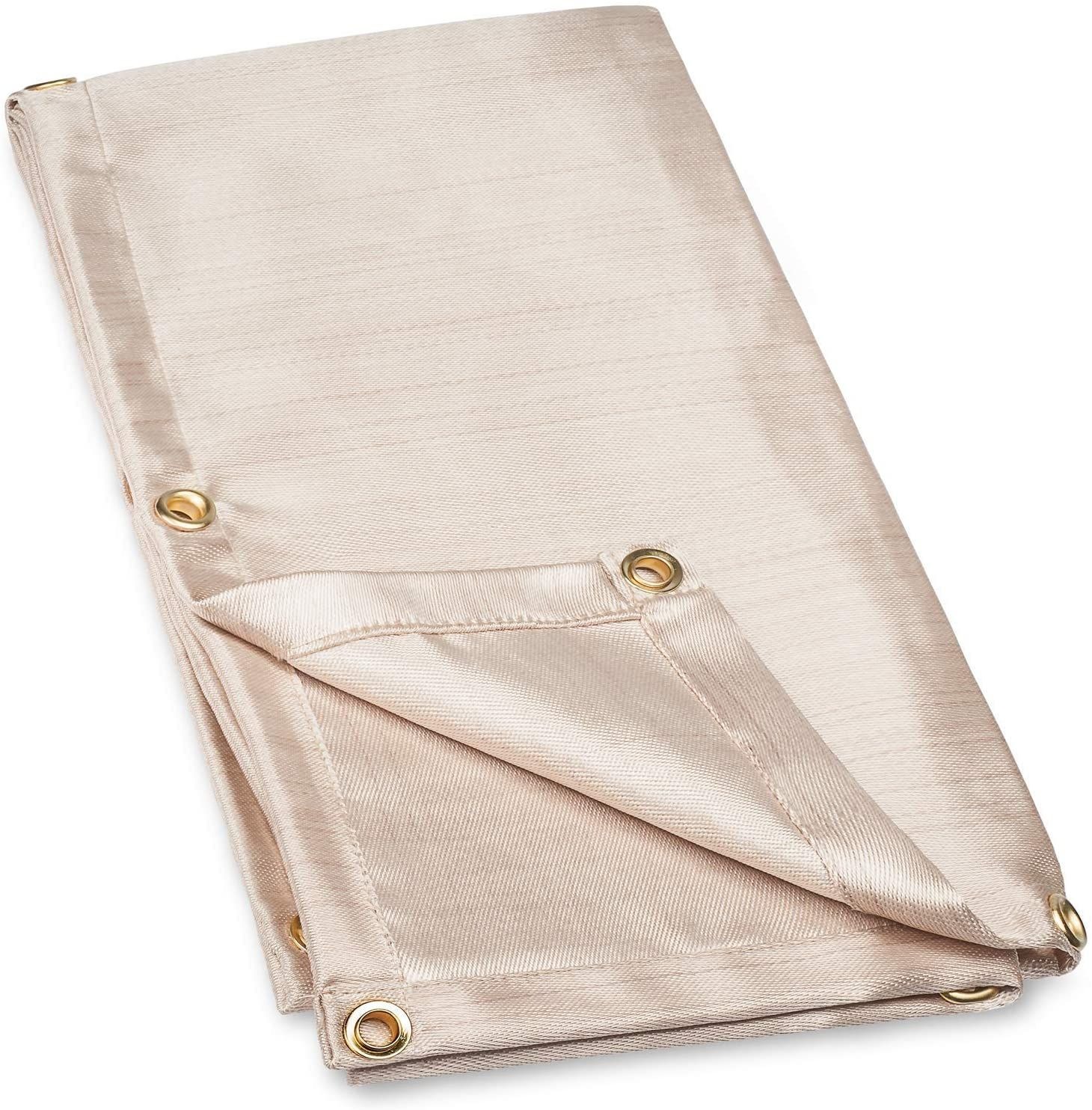
Proper Use and Maintenance of Your 10 14 Welding Blanket
To get the most from your 10x14 welding blanket:
- Always overlap multiple blankets by at least 6 inches when covering large areas
- Secure edges with weights or clamps to prevent shifting during work
- Inspect regularly for holes or thin spots that compromise protection
- Clean with compressed air or gentle brushing - avoid harsh chemicals
- Store flat or rolled (never folded) to prevent material fatigue
Common Applications for 10 14 Welding Blankets
Beyond basic welding protection, your 10x14 welding blanket works well for:
- Shielding flammable materials in auto repair shops
- Protecting concrete floors during construction projects
- Creating safe zones for hot work in confined spaces
- Serving as temporary heat shields in industrial settings
- Covering valuable equipment near welding operations
Safety Precautions When Using Welding Blankets
Remember these safety tips with your 10 14 welding blanket:
- Never use a damaged blanket - replace immediately if compromised
- Keep at least 3 feet clearance from actual welding points
- Combine with other PPE (gloves, helmets) for complete protection
- Allow blankets to cool completely before moving or storing
- Have a fire extinguisher nearby as an additional precaution
Conclusion
A 10 14 welding blanket provides essential protection for large-scale welding projects. By choosing the right material and using it properly, you significantly reduce fire risks and protect your work area. Always prioritize quality and proper maintenance to ensure long-term safety benefits from your welding blanket investment.


